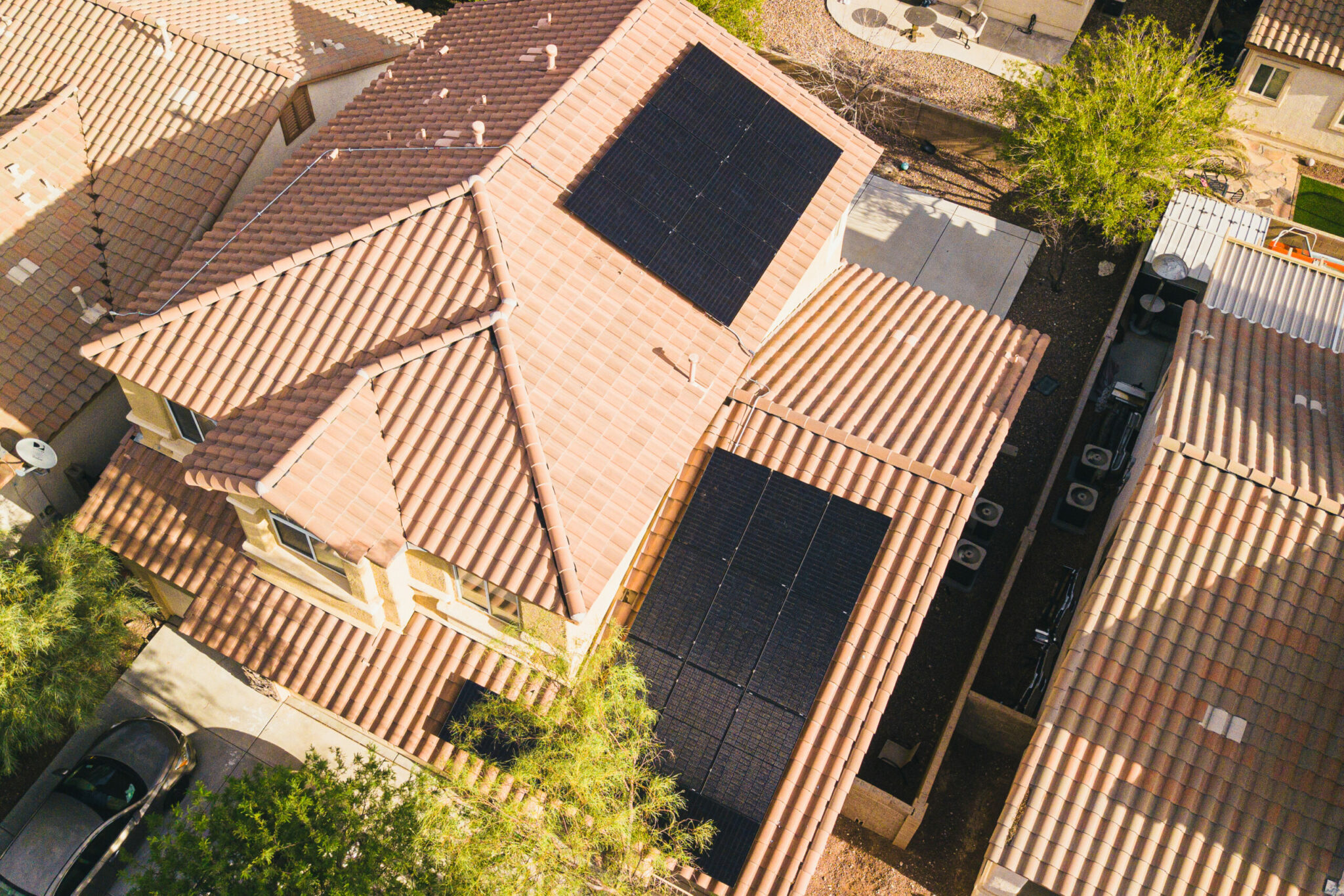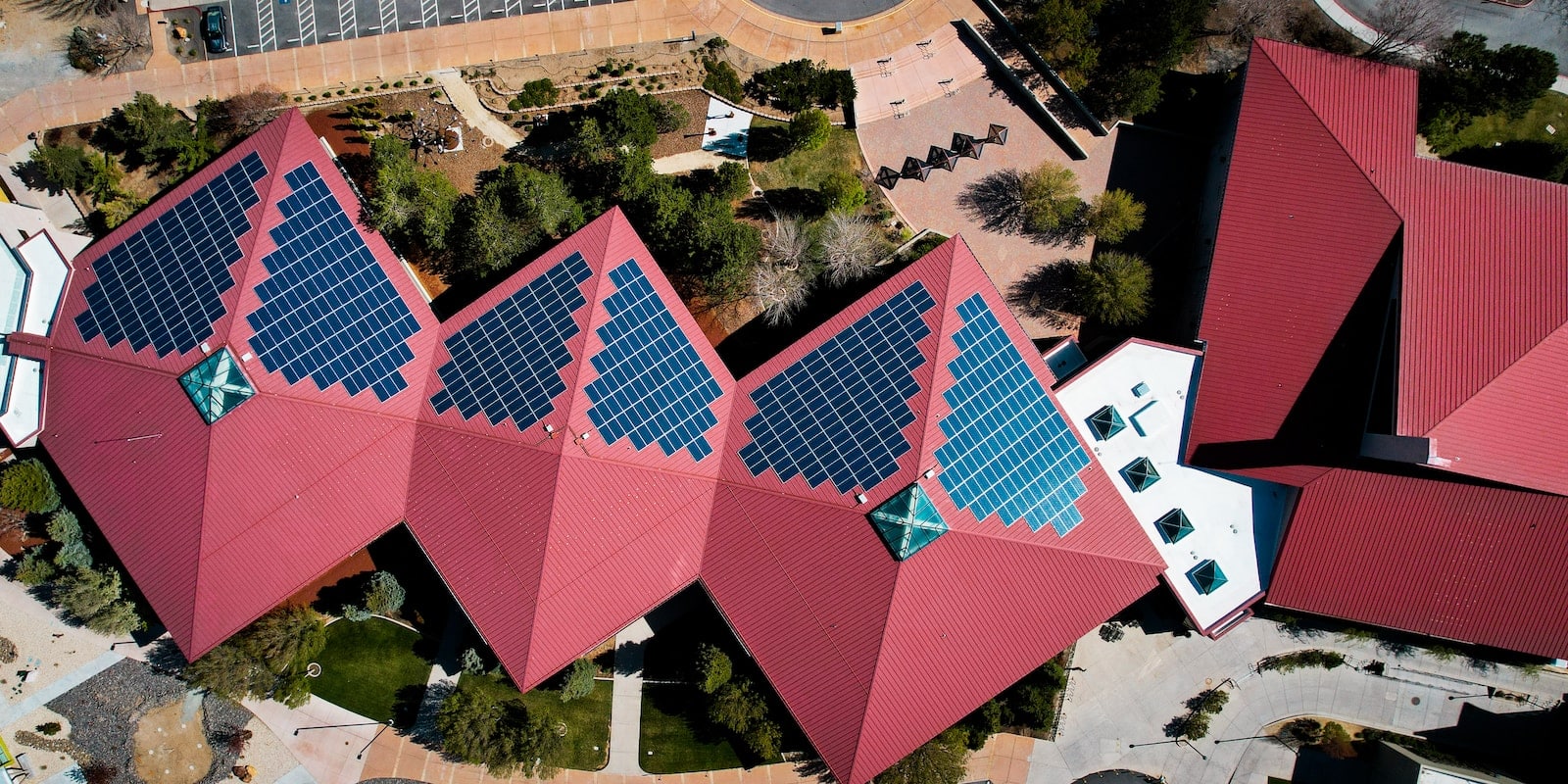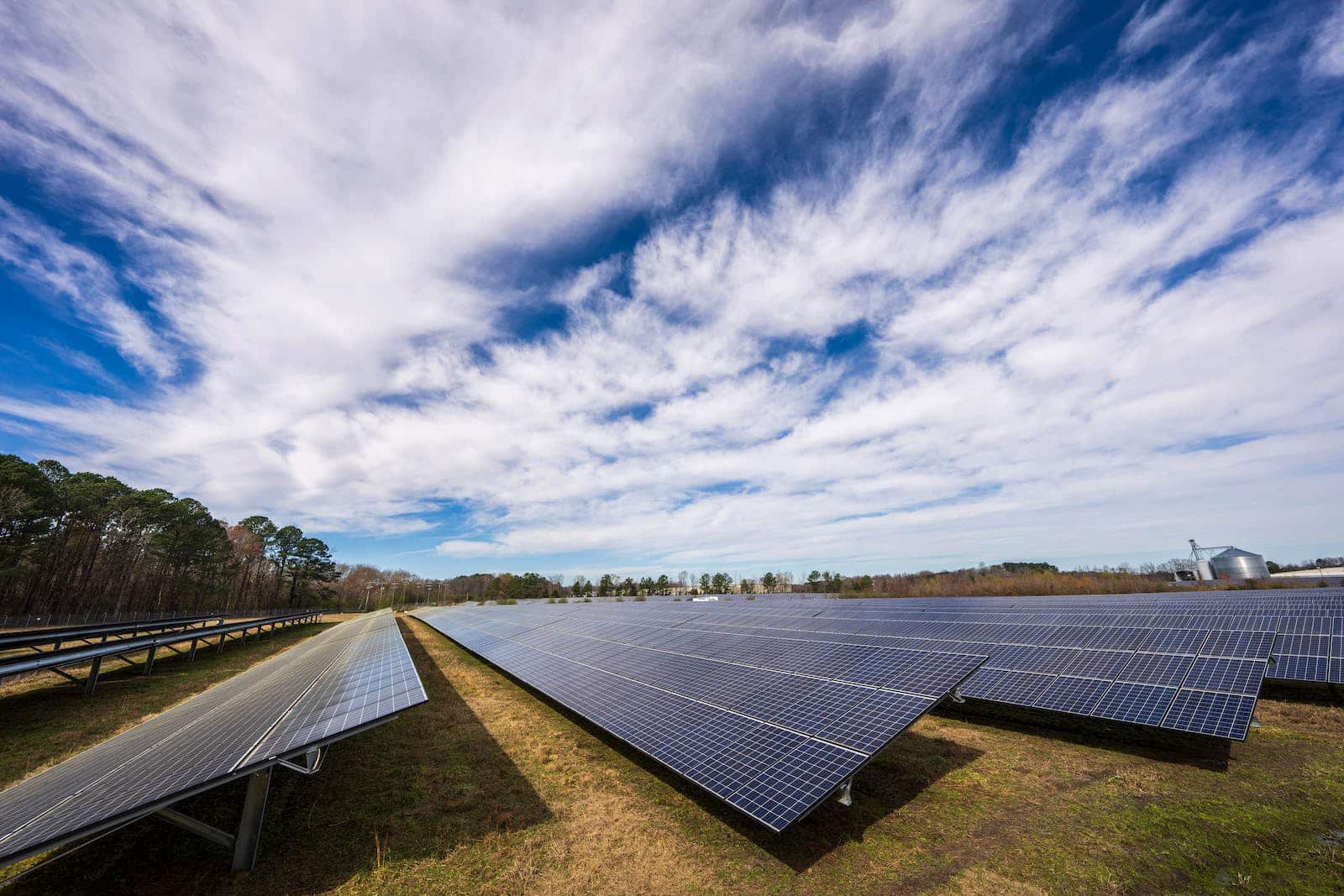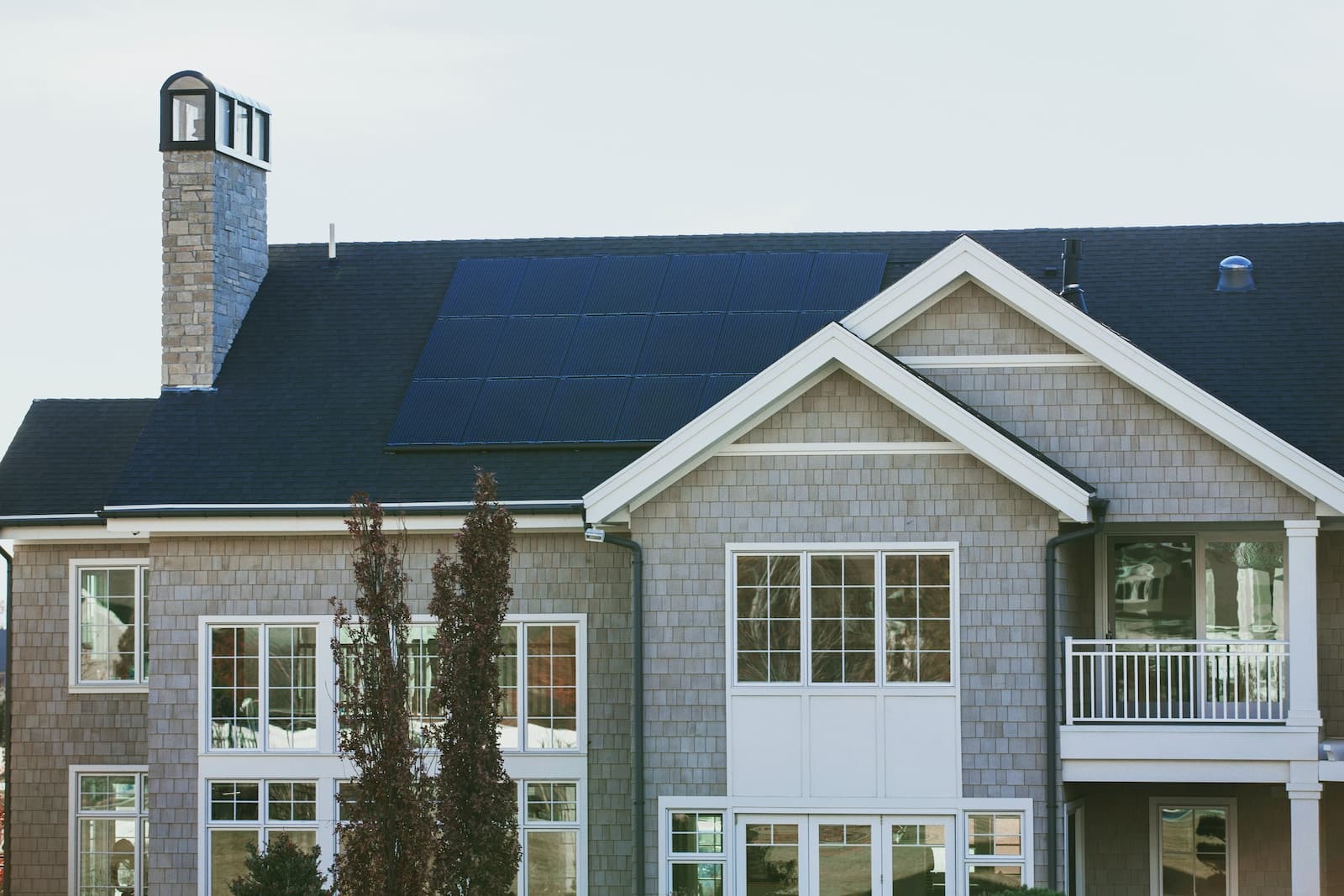Embarking on a journey towards solar energy for your home begins with a pivotal step: a solar energy consultation. This essential meeting not only educates homeowners about the advantages of solar power but also tailors solutions to their unique needs. In this comprehensive guide, we’ll navigate through the pressing questions to pose during your consultation, delve into the intricacies of solar system selection, and explore the diverse financing avenues available.
Key Questions for Your Solar Energy Consultant
- Assess the number of solar panels required for your household.
- Understand the investment involved in a solar panel system.
- Determine the compatibility of your roof with solar installation.
- Anticipate the timeline for seeing financial returns from your system.
- Explore available rebates or tax incentives for solar adoption.
- Discuss the implications of home sale or relocation post-installation.
- Estimate the installation timeline for your solar panel system.

Selecting the Right Solar System
Understanding your home’s energy consumption, detailed on your energy bill, is pivotal in tailoring your solar power system. It informs whether a grid-tied or off-grid system is more appropriate for your needs. A grid-tied system is connected to the municipal power grid, leveraging it as a virtual battery, offering lower upfront costs, simpler installation, and less maintenance. In contrast, off-grid systems store energy in batteries and are ideal for remote locations or areas without reliable grid access. However, they come with higher initial costs, often ranging from $15,000 to $35,000 for a basic setup, and may necessitate a lifestyle change to manage energy consumption effectively.
The type of roof you have or alternative installation locations like ground or pole mounts also play a significant role in your solar system’s efficiency. If your roof is shaded, it might necessitate a larger system to compensate for reduced sun exposure. Consulting with a solar professional can help you navigate these choices and provide a custom quote for your situation. Solar panels not only promise potential savings on energy bills but also contribute positively to the environment by reducing your carbon footprint.
While budgeting for a solar system, it is important to consider it as a significant investment in your property. To alleviate the financial burden, many homeowners take advantage of rebates and tax credits, which can significantly reduce the overall cost. Consulting with a solar expert can clarify these incentives and help determine the most cost-effective approach for your solar installation.
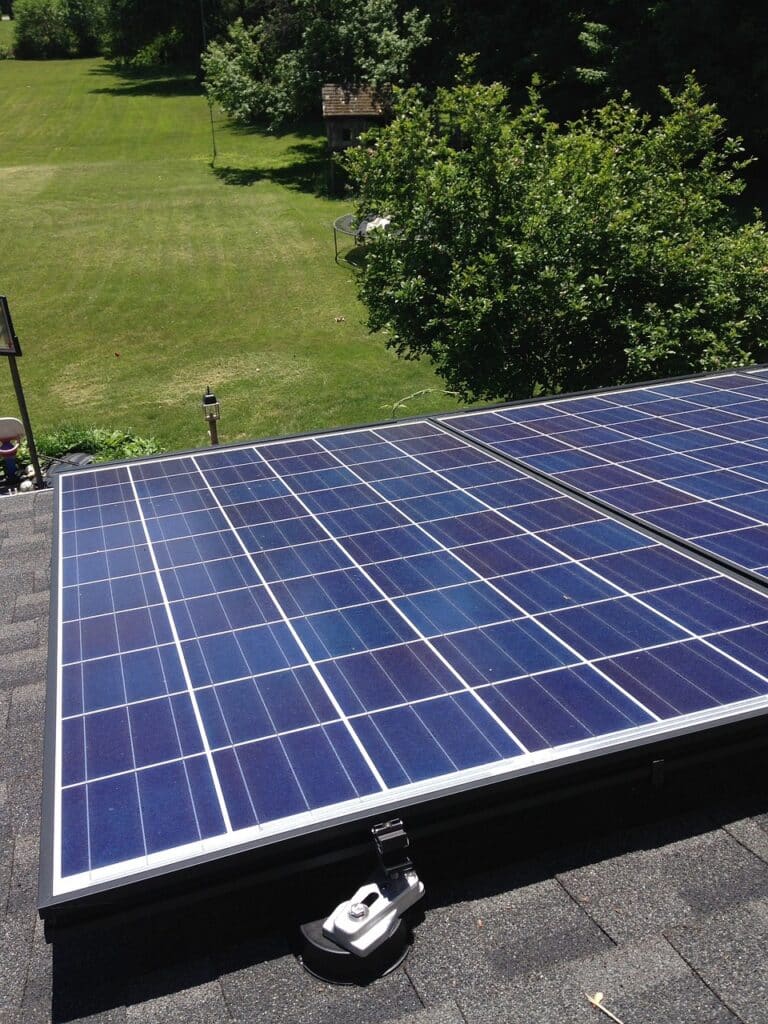
When considering the solar path, remember that solar panels, despite their initial cost, are an investment that can pay dividends in the long term. They not only reduce your monthly utility bills but also increase the value of your home and contribute to a sustainable future. It’s wise to conduct a thorough solar panel consultation to understand all the variables involved, including system size, costs, and potential savings. Websites like EnergySage and the Database of State Incentives for Renewables & Efficiency (DSIRE) can offer additional insights and tools to calculate the potential costs and savings of solar energy for your home.
Financing Your Solar Panels
When delving into the financial strategies for adopting solar energy, homeowners are presented with a variety of financing options, each with its own set of advantages and considerations:
- Solar Loans: Loans provide a direct path to ownership, allowing you to finance the purchase of your solar panel system over a period of time. Typically, solar loans can be secured or unsecured and come with varying interest rates and terms. They enable you to benefit from solar incentives like the federal investment tax credit, as well as any state credits and rebates. By financing through a loan, you’re investing in an asset that adds value to your property.
- Solar Leases: Leasing a solar system is akin to renting; you pay a fixed monthly fee to use the energy generated by the solar panels. This option often requires no upfront costs and includes maintenance and repairs, as the leasing company retains ownership of the system. Leases can be appealing to those who prefer to avoid the responsibilities of system ownership and still want to reduce their energy bills.
- Power Purchase Agreements (PPAs): With a PPA, you agree to allow a provider to install solar panels on your property, and in return, you purchase the energy produced at a set per-kilowatt-hour rate. This rate is often lower than the local utility’s rate, which can lead to immediate savings on your electricity bills. PPAs are beneficial for those looking to lock in lower energy rates and avoid fluctuations in utility prices.
Financing a solar panel system through these methods can yield substantial energy cost savings over time and enhance the property value of your home. It’s essential to carefully evaluate each financing option against your budget, the type of solar system you desire, the expected energy savings, and the duration for which you wish to finance the system. When opting for a loan or a lease, it’s also important to compare offers from multiple providers to ensure you secure the best possible terms for your financial situation.
Additionally, some homeowners may qualify for state-sponsored loan programs which can offer favorable terms, such as low-interest rates or loan support, making solar systems more accessible. It is also wise to consult with a financial advisor or a solar consultant who can provide a clearer picture of the long-term economic benefits of each option, including potential increases in property values and the impact on your home’s resale value.
Moreover, exploring these financial avenues requires an understanding of how solar investment impacts your home’s energy efficiency and sustainability profile. As solar technology progresses, the cost of solar panels and related equipment continues to decrease, making the financial aspect of solar energy more attractive. Websites like EnergySage and Go Solar California offer calculators and tools to help estimate the costs and returns of solar investments, including how different financing options can affect your overall savings.
Ultimately, the decision on how to finance your solar system should align with your financial goals, energy needs, and personal preferences for system ownership and responsibility. By thoroughly researching and comparing the available options, you can make an informed choice that optimizes both the fiscal and environmental benefits of solar energy.
Conclusion
A solar panel consultation is not merely an informative session but a strategic planning meeting. It’s where your home’s solar potential is unveiled, and financial pathways are clarified. With solar energy consultants at the helm, transitioning to solar becomes a seamless and educated decision. Solar panels, though initially costly, are a significant step towards energy independence and sustainability.
For a free solar calculator and additional resources, prospective solar adopters should explore informative websites such as EnergySage or the Solar Energy Industries Association, which offer a wealth of knowledge on solar investments and energy efficiency.
By addressing concerns like “Is solar cost-effective?” and “Is solar considered a utility?” homeowners can make informed decisions about the viability of solar power in their personal energy landscape. With a thorough solar consultation, the journey towards a greener footprint and a more resilient energy future begins.

